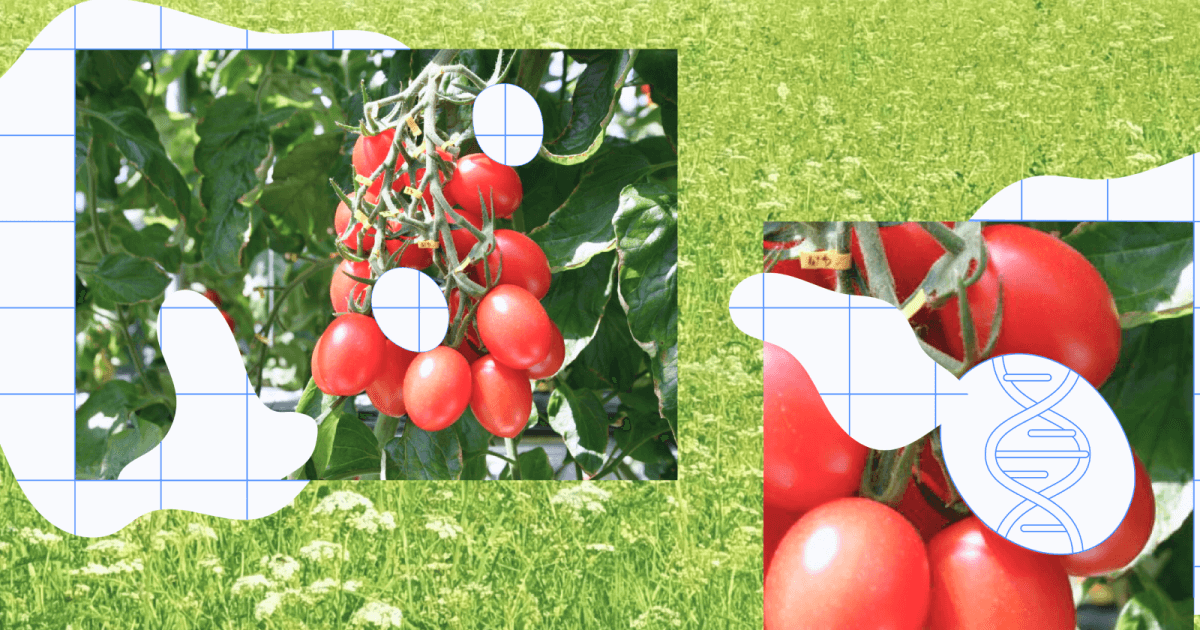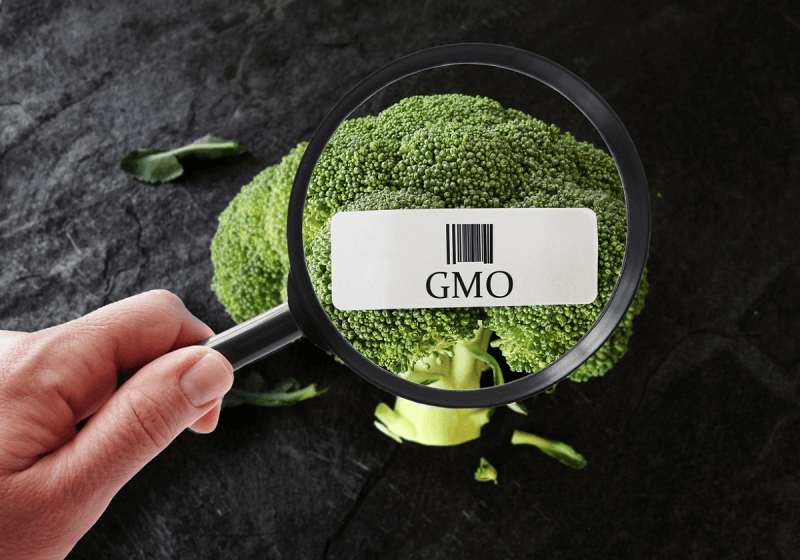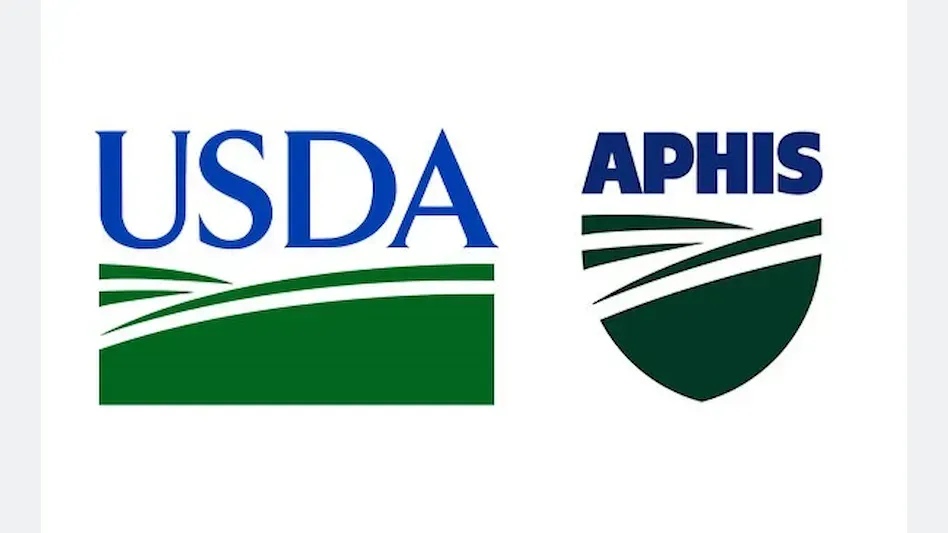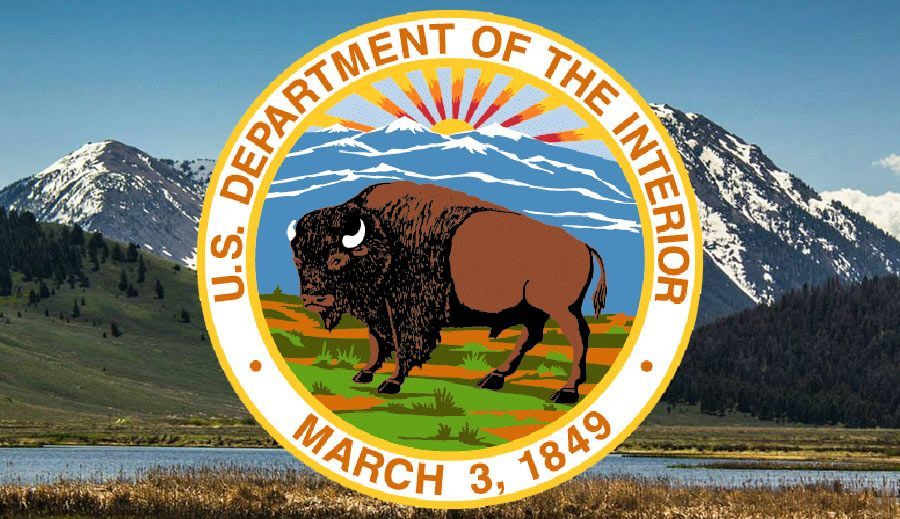In the US, the public has not been informed of G.E changes. Let's compare other countries' current procedures for debating G.E
The newly developed rules that have been made in the US are affecting our trading partner's attitude toward trading with us. Additionally, the US is leading the push for countries to loosen trading laws with little success. Here are some news examples I found interesting that you won't easily find in the US news.
In the EU, there is a current fight to soften the rules on G.E. however, in Europe, the citizens are much more informed, and the Government is much more transparent. If you read the current proposed bill and the media coverage, you can gain an accurate perspective of the recklessness of the United states current G.E rules.
Link to UK Parliament Genetic Technology (Precision Breeding) Bill
Link to an excellent news article from a UK news source

Link to Mexico news;
Mexico to Proceed with GMO Corn Ban- “Pressure on Biden administration continues to come for them to launch a complaint under the USMCA over Mexico’s crop provisions that U.S. lawmakers and U.S. corn growers fear could lead to them losing an important market.”

Link to article- How and why gene editing faces fewer global regulations than GMOs
Top Producing Countries of Gene-Edited (GE) Crops
1. United States
The largest grower of GMOs is the United States (37.6% of all acreage in 2019). In March 2018, the USDA issued a statement, “Under its biotechnology regulations, USDA does not regulate or have any plans to regulate plants that could otherwise have been developed through traditional breeding techniques as long as they are not plant pests or developed using plant pests."
They've also mentioned that new techniques and methods used by plant breeders, such as genome editing, have increasingly expanded legacy plant breeding resources and tools because they can create innovative plant traits faster and more accurate, potentially shaving off decades of time to bring new plant varieties to the growers in the agriculture industry.
2. Brazil
3. Argentina
Brazil is the second largest grower of GMOs, Argentina is the third, and Paraguay is the sixth. They all adopted a policy that regulates gene-edited food and crops as conventional plants unless they contain foreign DNA.
4. Canada
The fourth largest grower of GMO crops in Canada. Health Canada passed new guidelines relating to GE crops, which will deregulate them.
Canada “will no longer regulate or conduct safety assessments for foods produced from genetically edited plants unless they contain foreign DNA...There’s a consensus that the use of gene editing technologies doesn’t present any unique safety concerns compared to other, more conventional methods of plant breeding. As such, Health Canada should regulate gene-edited products of plant breeding in the same manner as all other products of plant breeding.”
5. India
India, coming in at #5, all of which GE crops appear to be Bt cotton. India's new regulations outline that genome-edited plants (or organisms) with no foreign DNA will likely not face regulations to the same biosafety standards as GMO crops, and they will have no oversight or be regulated any longer by the Genetic Engineered Appraisal Committee.
source: Genetic Literacy Project









